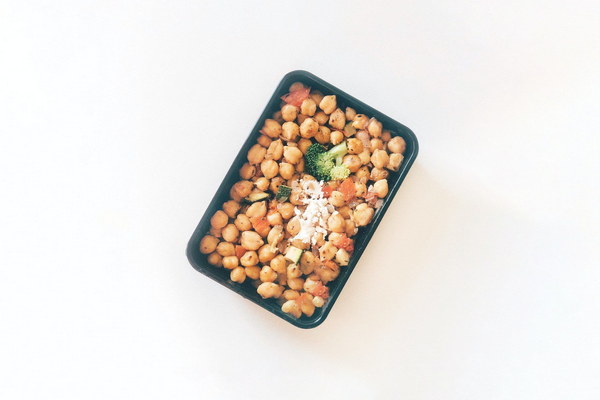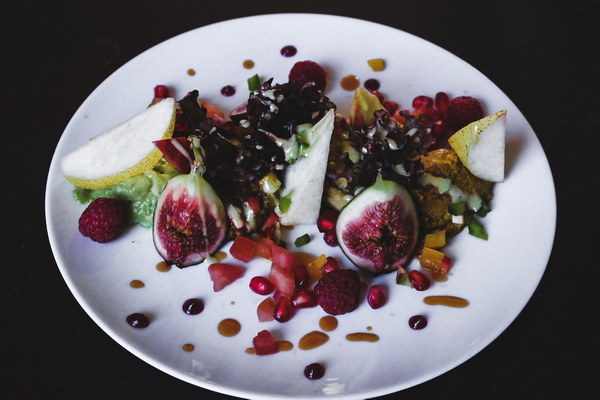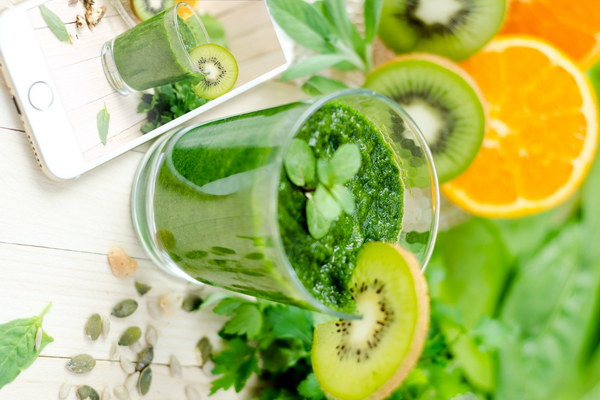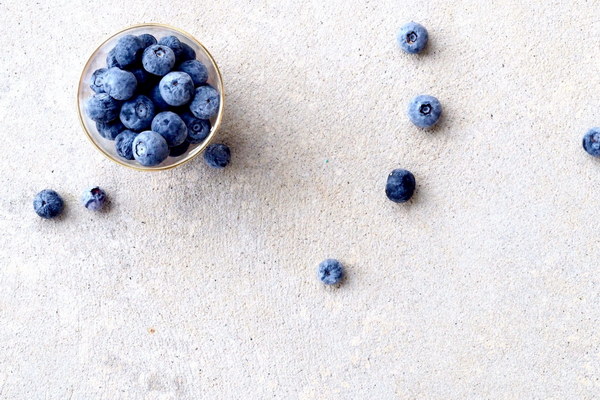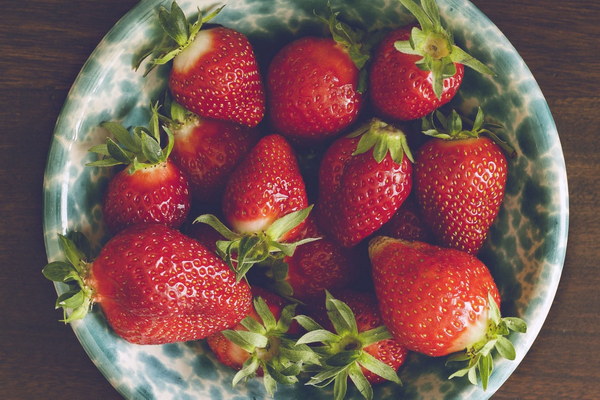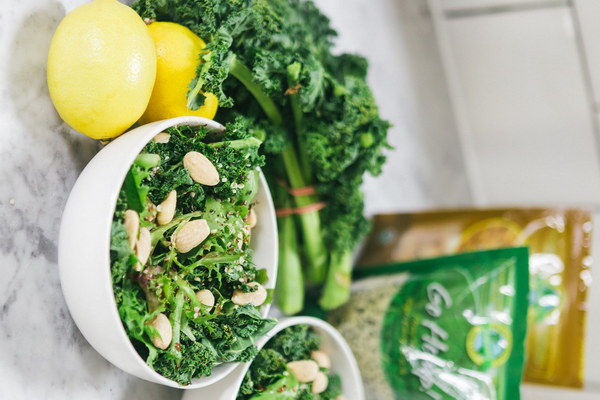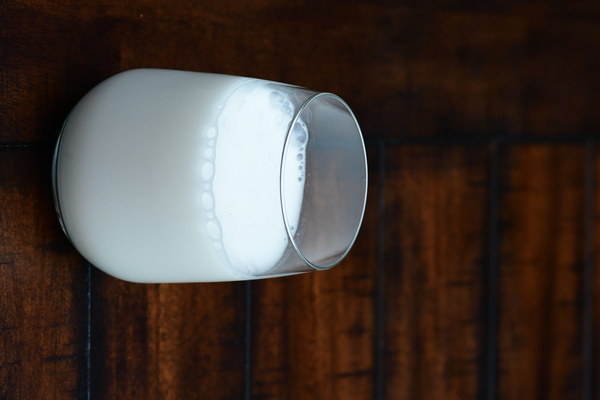Common Misconceptions About Traditional Remedies for Cold and Flu What You Need to Know
Introduction:
Cold and flu season can be a challenging time for many, and it's not uncommon for people to turn to traditional remedies for relief. However, there are several misconceptions about what foods and drinks can help alleviate the symptoms of a cold or flu. In this article, we will explore some of the most common misconceptions about cold and flu remedies and provide you with the facts you need to know.
Misconception 1: Chicken Soup is the Ultimate Remedy for a Cold
One of the most popular beliefs is that chicken soup can cure a cold. While there is some truth to this claim, it's not as simple as it sounds. Chicken soup has been shown to have anti-inflammatory properties and can help soothe sore throats and ease congestion. However, it won't cure the cold itself. It's simply a comforting and nutritious option that can help you feel better while your body fights off the virus.
Misconception 2: Honey and Lemon Can Treat a Cold
Another common misconception is that honey and lemon can cure a cold. While honey has been found to have antibacterial and antiviral properties, it's not a miracle cure for the common cold. Honey can help soothe a sore throat and may aid in sleep, but it won't eliminate the virus. Lemon, on the other hand, provides vitamin C, which is essential for a healthy immune system, but it won't cure the cold either.
Misconception 3: Eating Garlic Will Prevent a Cold
Garlic is often hailed as a natural remedy for colds and flu, but consuming garlic won't prevent you from catching a cold. Garlic contains allicin, a compound that has been shown to have antibacterial and antiviral properties. However, it's not a foolproof way to avoid the common cold. The best way to prevent a cold is to practice good hygiene, such as washing your hands frequently and avoiding close contact with others who are sick.
Misconception 4: Gargling with Salt Water Will Heal a Sore Throat

Gargling with salt water is a popular home remedy for sore throats, but it won't heal a cold or flu. Gargling with salt water can help reduce swelling and provide temporary relief, but it's not a cure. To heal a sore throat, it's important to stay hydrated, rest, and allow your body to fight off the infection.
Misconception 5: Drinking Hot Tea Will Help You Feel Better
Drinking hot tea is a comforting and hydrating option for those suffering from a cold or flu. However, the belief that hot tea will cure the illness is a misconception. Hot tea can help soothe a sore throat and may aid in digestion, but it won't eliminate the virus. It's important to focus on staying hydrated and consuming a balanced diet while your body fights off the infection.
Conclusion:
While traditional remedies can provide temporary relief from the symptoms of a cold or flu, it's important to understand the misconceptions surrounding these remedies. By knowing the facts, you can make more informed decisions about how to care for yourself during cold and flu season. Remember that the best way to prevent and treat a cold is to practice good hygiene, get plenty of rest, and maintain a healthy lifestyle.
